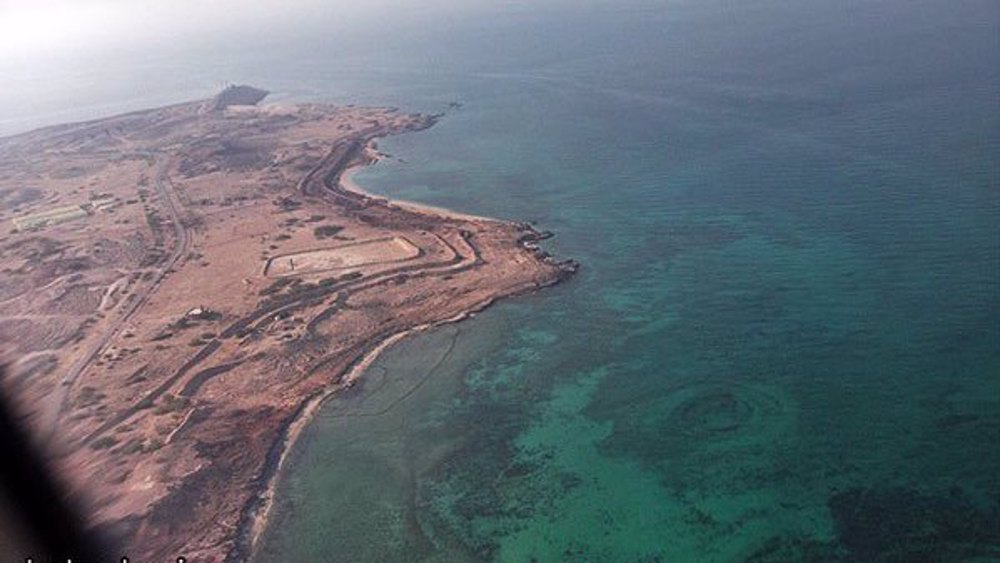Speaking at a virtual meeting of the UN Security Council on Tuesday, Majid Takht-Ravanchi reacted to some unsubstantiated accusations raised against Iran’s regional role and attempts to dispute the country’s sovereignty over the trio.
Earlier at the session, Secretary General of the Persian Gulf Cooperation Council (GCC) Nayef Falah al-Hajraf had urged Iran to respond to the body’s call to resolve the dispute over the islands through negotiations.
“Since the issue related to Iranian islands has been mentioned here, I have to say that Abu Musa, Greater and Lesser Tunb islands have always been part of Iran. These islands are Iranian and will remain so,” Takht-Ravanchi said in response.
The strategically-positioned islands of the Greater Tunb, the Lesser Tunb and Abu Musa have always been part of Iran, the proof of which can be found in and corroborated by countless historical, legal, and geographical documents in Iran and other parts of the world. However, the United Arab Emirates has repeatedly laid baseless claims to the islands.
Referring to Iran’s peaceful role in the Persian Gulf region, the envoy said, “The Islamic Republic of Iran has played an incontestable role in ensuring energy security, commercial navigation and stability in the Persian Gulf region and we will continue to contribute to the promotion of peace and security in this sensitive region.”
He also stressed that the Islamic Republic’s defensive requirements, including its missile program, stem from “geostrategic calculations and a significant historical experience.”
Iran, he added, is building up its defense capabilities in a bid to protect itself from the crimes similar to those committed by former Iraqi dictator Saddam Hussein during the 1980-88 imposed war.
“During Saddam Hossein’s eight-year aggression against Iran that was supported through different means by the US and a number of Persian Gulf Cooperation Council countries, our cities were showered by Iraqi missiles and our people [fell] victim to chemical and other lethal weapons provided to Saddam mainly by the West. Simultaneously, unjust sanctions and restrictions deprived us of rudimentary means of self-defense. It is our responsibility now to prevent the recurrence of such appalling situation,” Takht-Ravanchi said.
Elsewhere in his address, the Iranian ambassador criticized certain Persian Gulf states with huge military expenditures for turning the region into “a powder keg” and committing war crimes against the Yemenis.
“It should be borne in mind that security must originate from within and cannot be purchased from outside. Those in our region who spend hundreds of billions of dollars on sophisticated armaments annually should realize that huge military expenditures neither create legitimacy nor long-lasting security,” he said.
“They have only turned our region into a powder keg. And the only beneficiaries are the exporters of these deadly weapons. Some GCC forces are using these sophisticated armaments against the innocent people of Yemen who are experiencing the worst man-made humanitarian catastrophe of contemporary history; a clear case of war crime.”
Nonetheless, Takht-Ravanchi underlined the need for promoting cooperation on an equal footing as well as building mutual trust and respect for sovereignty and territorial integrity of states and no interference in their internal affairs.
“Let me conclude by once again reiterating our call for a constructive dialog with our neighbors with a view to dispelling misunderstandings and restoring friendly relations among all littoral States of the Persian Gulf,” he added.
